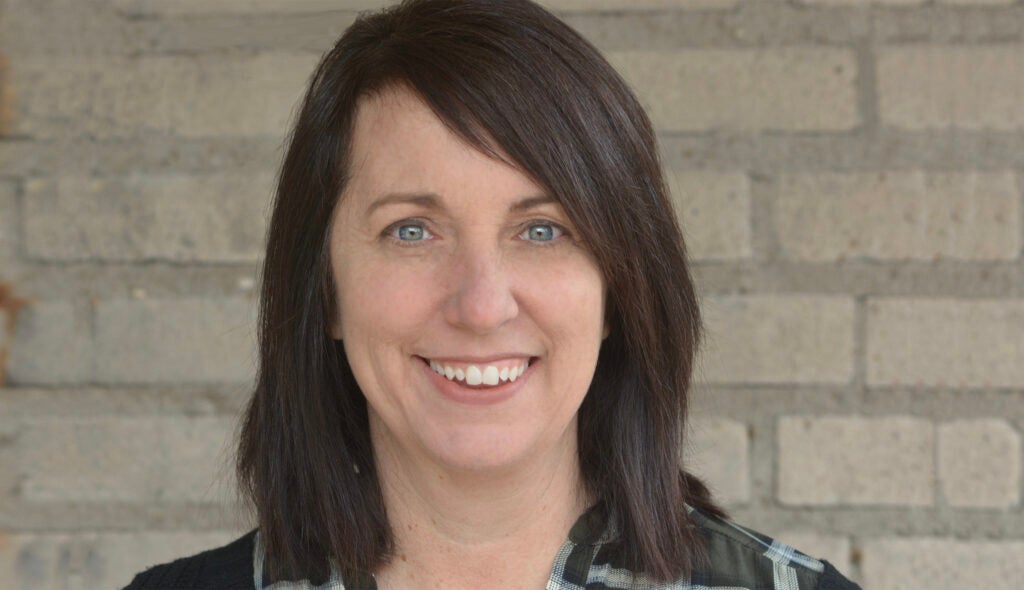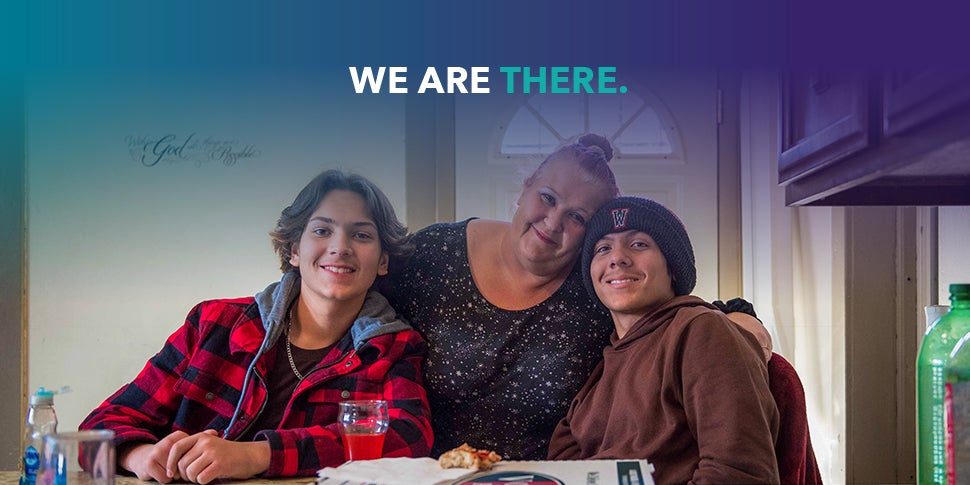

Alexandria, Va. — As a founding partner of the Wilson-Sheehan Lab for Economic Opportunities (LEO) at the University of Notre Dame, Catholic Charities USA (CCUSA) led a panel discussion on Capitol Hill to discuss the first of its kind study, “The Impact of Homelessness Prevention Programs on Homelessness,” which finds homeless prevention programs dramatically decrease the likelihood of families entering shelters.
“Given the pervasiveness of homelessness in our country, it is critical that we find ways to mitigate the incidence,” said Brian Corbin, CCUSA’s Executive Vice President, Member Services. “This study clearly shows that emergency financial assistance prevents homelessness and saves communities thousands of dollars in the process. CCUSA is eager to work with our members and other like-minded organizations to explore ways to emulate this approach in order to help homeless individuals across the country.”
Science published the results of the study by LEO which evaluated the Homelessness Prevention Call Center (HPCC) in Chicago, run by Catholic Charities Chicago. In the study, Professors James Sullivan and Williams Evans looked at the shelter entry rates of people seeking assistance on days when funding was available compared to callers seeking assistance on a day when no funding was available.
Findings revealed that callers who received financial assistance were 76 percent less likely to enter shelter within six months of their call versus those who called when funding was not available. The study also showed that even a year later these individuals were significantly less likely to be homeless.
Each year more than 2.3 million people experience homelessness, 7.4 million people live “doubled up” with friends or family for economic reasons, and countless others are on the brink of homelessness. Given the prevalence of homelessness, affordable housing is one of Catholic Charities strategic priorities in its wider efforts to alleviate, reduce and eliminate poverty. In 2015 Catholic Charities agencies provided 31,904 permanent housing units (including 5,724 permanent supportive housing beds), 8,571 shelter beds, 5,724 rapid re-housing beds and 3,925 transitional housing beds.








